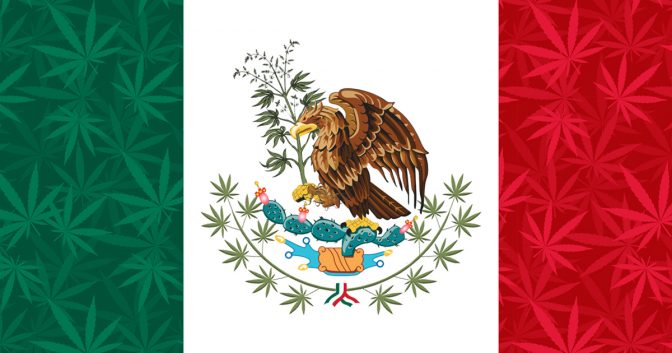Mexican Marijuana Legalization: A View from South of the Border

The shocking news on Oct. 31 that the Mexican Supreme Court had struck down marijuana prohibition as unconstitutional has been tempered by the reality that it’s not so simple. While the Court determined that growing and distributing for personal use is legal, only those who successfully seek that right and and are approved by the government can do so.
After the Mexican Society for Responsible and Tolerant Consumption (SMART) was turned down by the country’s drug regulatory agency when the group applied for a license to use cannabis, the Supreme Court overruled that decision, opening the door for legalization. Possession of up to five grams is currently decriminalized in Mexico.

Zara Snapp: «It’s definitely a step forward.»
Zara Snapp, co-founder of Instituto RIA and a member of Regulación Por la Paz, tells Freedom Leaf from Mexico City:
«We’re all very excited about the decision. It’s definitely a step forward. We hope that it will have a positive impact on drug-policy reform here in Mexico. What’s going to happen essentially is you still will have to go in front of a judge in order to to get an amparo – a permission to cultivate. There are two things that have to happen. One option is if they come and confiscate your plants or you’re found cultivating, then you have to go before a judge and ask for a motion for them to concede you should have the right. The other option is to go before the Secretary of Health in any state and ask for permission to cultivate for personal use. Either way, you have to go before a judge. But it’s a tedious, onerous process if you don’t have a lawyer or the funds to hire one.
More Mexico Coverage
• Vicente Fox’s Global Vision: Legalize All Drugs
• CannaMexico Summit Focuses on New Industry and Cartels
• A Brief History of Marihuana in Mexico
• Freedom Leaf Travel: Welcome to Baja California
If you enjoyed this Freedom Leaf article, subscribe to the magazine here

